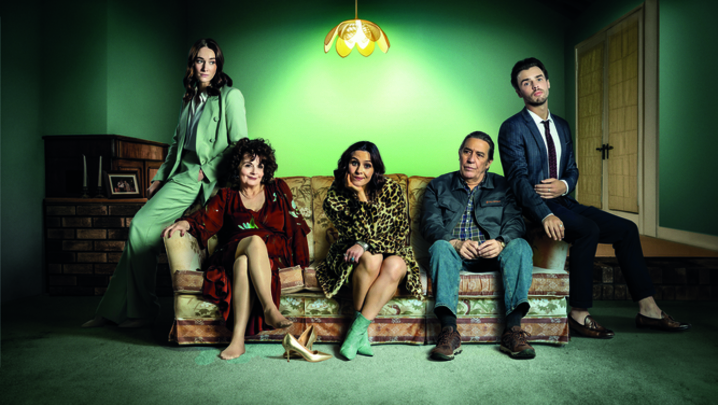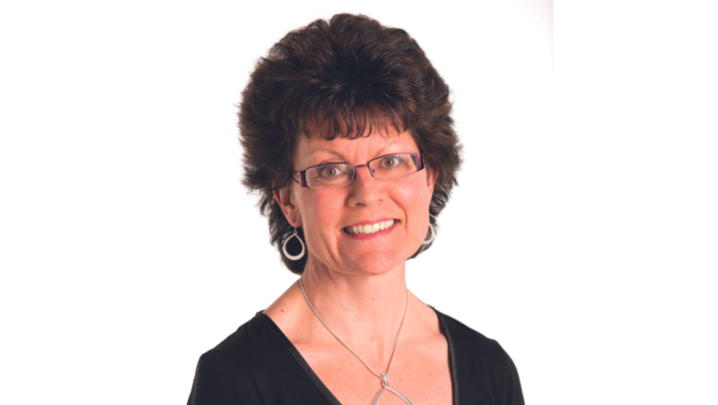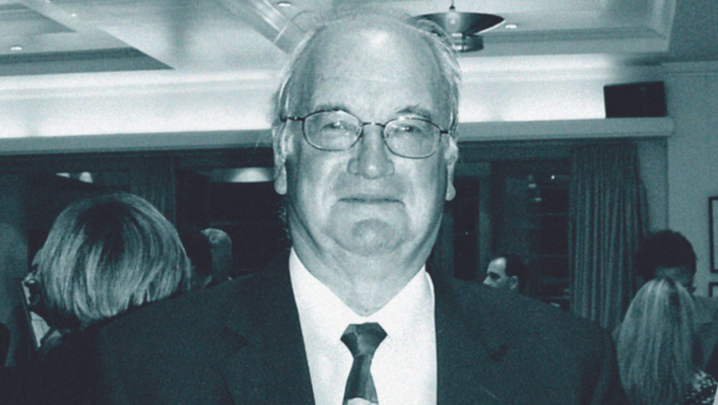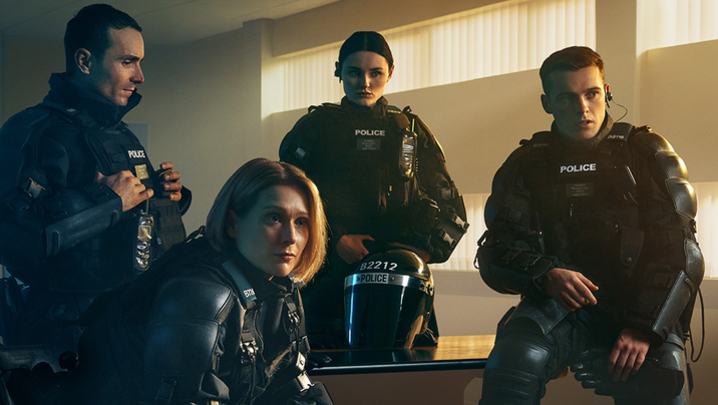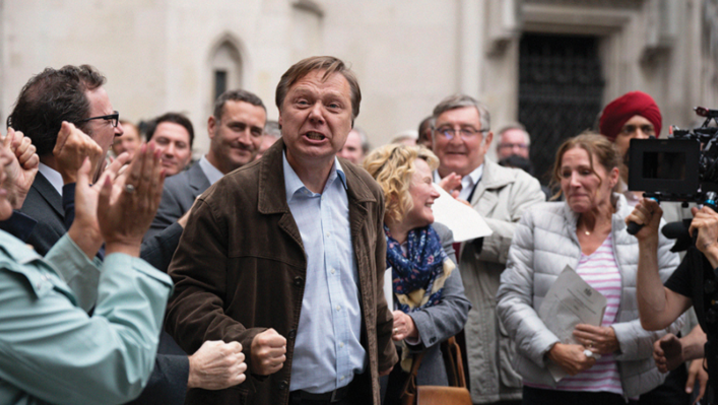Steve Clarke meets polyglot Turner executive Giorgio Stock, whose division is back on top.
For a case study in how legacy brands can adapt to a changing media environment, look no further than what Giorgio Stock is achieving at Turner Broadcasting System.
“This is going to be the best year ever for Turner. The company is enjoying a fantastic moment,” says the President of Turner EMEA, speaking from his spacious sixth-floor Soho eyrie.
His office overlooks a remarkable roof terrace straight from the pages of a high-end style magazine, an image at odds with the quietly spoken Stock.
He looks dapper, dressed in a grey Italian woollen suit. “I feel very good about this year, despite the referendum,” adds the Rome-born executive. Stock holds both Italian and German passports. “I have two passports but I could probably ask for more,” he laughs.
Ah, the referendum that his side narrowly lost. “I was a little puzzled by the referendum,” Stock says with calculated understatement.
Fluent in seven European languages (Italian, German, French, English, Spanish, Portuguese and Dutch), the former Disney executive is a committed European down to the soles of his highly polished black loafers.
Let’s not dwell on the result too much, but here’s what he says about the future prospects of the UK television sector as it braces itself for Brexit: “The UK has benefited from a world that is open, not closed. My hope is that whatever is decided in the next two years will keep the UK as the kind of place that attracts the best talent the world has to offer and where IP and content can travel freely.
“When it comes to the creative industries, I hope things don’t change much, because people might not realise how good it was.”
When Stock arrived at the London HQ of TBS three years ago, he found a company failing to fully exploit and protect its assets across Europe, the Middle East and Africa. Today, he is in charge of a much improved business. His region appears to be outpacing TBS on its home turf in the US, where cord cutting has hurt the business. CNN, however, boosted by the US presidential primaries, has just enjoyed its most-watched quarter in seven years.
Earlier this year, Turner’s new US- based Chief Creative Officer, Kevin Reilly, told Variety that it would take up to three years to transform the TBS and TNT cable channels in the US.
In the face of fierce digital competition, Reilly, formerly of Fox, hopes to attract a younger and more passionate audience. Investment in content is being ramped up.
In Europe, the picture looks upbeat across the business. CNN (in 200 million EMEA homes) has defied sceptics who thought that rolling-news channels were sitting ducks in the age of Facebook. And another vulnerable area, kids’ TV, is also back on the front foot.
Across 276 million homes in Europe, the Middle East and Africa, the Cartoon Network and Boomerang channels have raised their game online as they embrace new modes of connecting with youngsters.
An example of this is that Turner – in common with the BBC and Viacom – has negotiated a presence on the newly launched Sky Kids app.
“I look at my own kids, aged nine and 12. They are clearly consuming a lot of their content outside traditional television, but TV is by far the most prominent access point,” observes Stock. “In some markets, such as the UK, there is a migration away from linear TV. To protect our ratings, we have gained market share. We have displaced other players in the marketplace to maintain our lead.”
Cartoon Network and Disney Junior are the top two kids’ channels in the UK for children aged four or over, ahead of Nickelodeon and Disney, according to Barb.
Another development is wider distribution of TBS’s Adult Swim network, including a deal with Spotify. The aim is to turn Adult Swim, very popular with millennials in the US, into a global success.
Even Turner’s general-entertainment stations TNT and TCM appear to be weathering the storm. Despite digital competition, they are adding audiences across the EMEA region, claims Stock.
Back in 2013, Turner’s London-based operation was in a state of flux. Turner International’s new President, Gerhard Zeiler, announced that a third of its staff would lose their jobs. Costs were cut at the same time as regional operating power across EMEA was enhanced.
“My first year at Turner was not fun but it was necessary... We were spending a lot of money on stuff that was not appreciated by our audiences,” Stock recalls. “There were moments, three years ago, when I looked at Gerhard and said, ‘You could have told me the full picture.’”
Overall, a more coherent approach to producing, marketing and distributing content is now in place. “Our ad sales have doubled and our margins have increased dramatically,” says Stock. More money has been ploughed into content and marketing budgets. For the past two years, Turner has boosted what it spends on original shows by 24%.
In Britain, Turner commissions the Bafta- and Emmy-winning The Amazing World of Gumball (recently green-lit for a sixth season), virtual-reality games and a lot of content for CNN. Technology has been another priority for investment.
Stock’s reinvention of Turner’s child-oriented businesses inevitably owes much to Disney, where he once worked. Disney wrote the rulebook on how to monetise the full length of the value chain. This involved commissioning and making shows, securing rights, distributing content via its own TV channels and third-party platforms, through to marketing and selling merchandise in Disney stores. And, on top of all that, there were the theme parks.
Cartoon Network is part of what Stock claims is “the world’s biggest indoor theme park”, opening soon in Dubai. The city was chosen because of the millions of tourists who fly into its two international airports.
There will be a dedicated Cartoon Network zone within IMG’s Worlds of Adventure, which opens for business on 15 August. Shows such as Ben 10, Adventure Time, The Powerpuff Girls and The Amazing World of Gumball will all have attractions in the park. On top of these, there will be branded restaurants and stores.
What about retail in the UK? “We are not actively looking at physical, bricks-and-mortar retail stores in the UK and the ‘old world’, rather the emphasis is on e-commerce, a major growth driver that was neglected in the past,” says Stock.
He spent 15 years at the Mouse House, much of it as Executive VP and General Manager of Disney Consumer Products, Publishing & Retail EMEA.
“It was very hard to leave Disney,” he says. “It was a fantastic company. Everything I know about television and brands, I learnt at Disney. I was stimulated by the idea of being able to use that across not just kids, but a broader spectrum. Turner has a desire to surprise. At Cartoon Network, we say, ‘Expect the unexpected’.”
So how does he regard the threat from Netflix? “We want to be a consumer-centric company. Netflix has looked at consumers and seen things that weren’t being offered to them and made it happen.
“To some extent, Netflix has taken advantage of inertia… The user experience has been rather poor compared with what Netflix is offering them… It has provided flexibility in terms of pricing and consumption, which other companies weren’t providing…
“I think we need to learn from Netflix… and not necessarily suffer the consequences.”
Finally, Brexit aside, what does Stock regard as the biggest threat to his business? His big fear is the consequences that would flow from failing to “stay on the cutting edge of creating the kind of products that our audiences care about. We must not take our success for granted. Many companies do. We have to be innovative in terms of how we distribute our content.”


